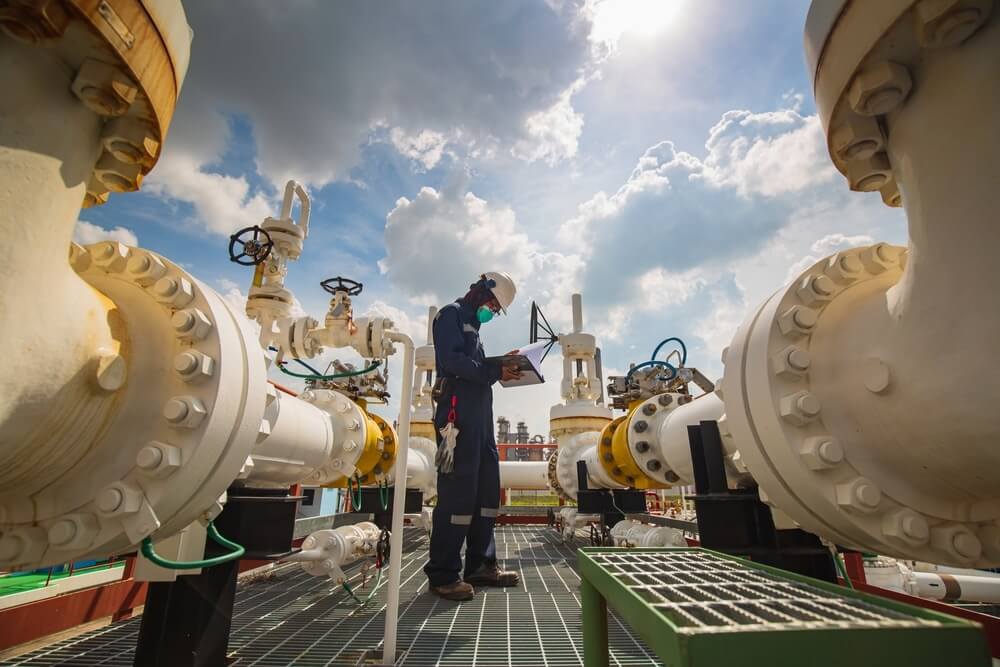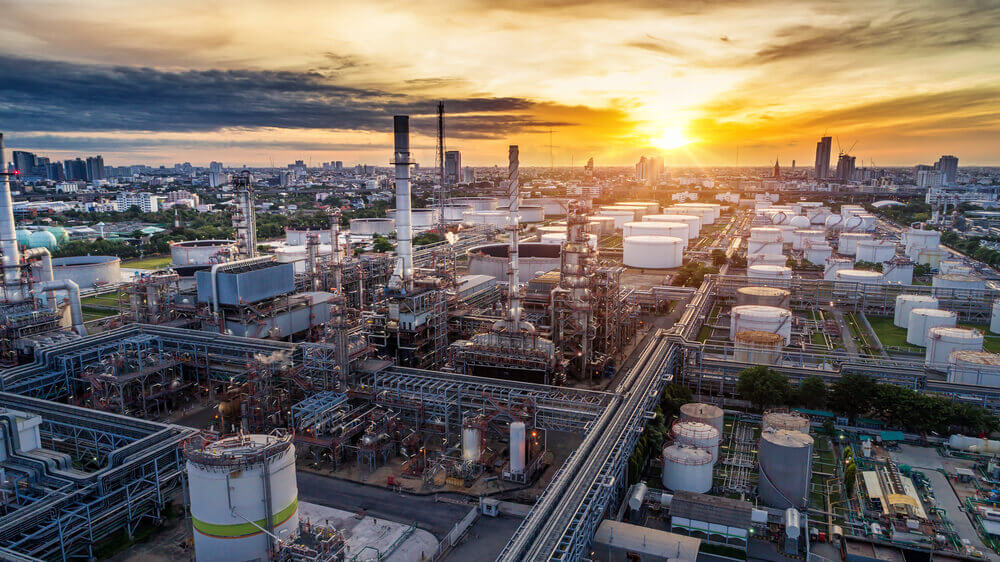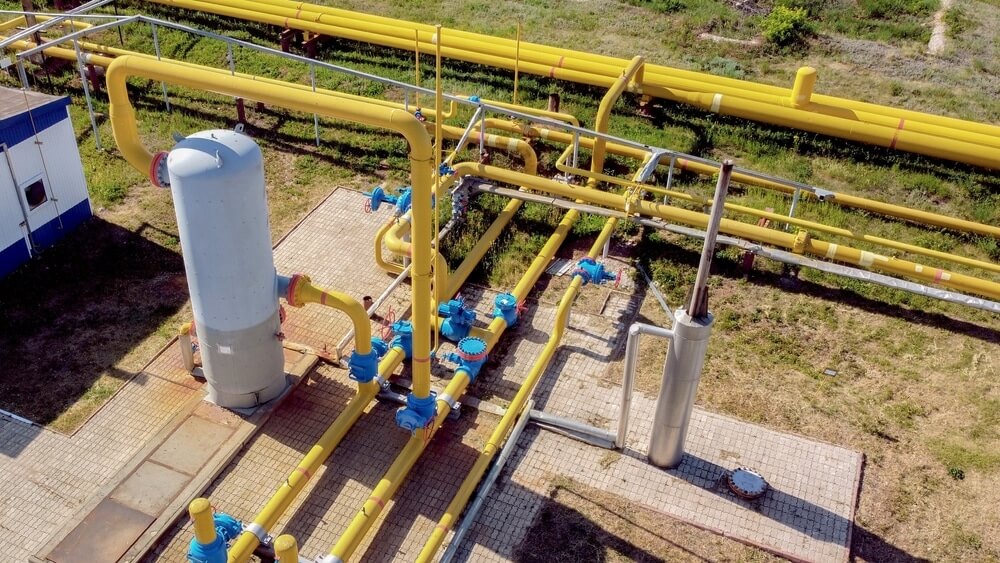
The EU Will Collaborate with Countries on New Gas Fields
Germany has called on European Union states to collaborate with countries that can develop new gas fields, raising concerns among campaigners about Europe’s largest economy’s climate change commitments as it scrambles to replace Russian gas.
EU leaders will meet to discuss new measures to tame high energy prices and fill the gap left by falling Russian gas deliveries – a response that Brussels has said should hasten, rather than slow, Europe’s transition to green energy.
Germany is racing to find alternatives to Russian fossil fuels, including increased renewable energy and imports of non-Russian gas. American crude oil exports to France have reached zero for the first time in four years. French refinery workers went on strike more than three weeks ago in protest against the country’s excessive inflation. Most of the unions that participated in the strike eventually reached agreements with Exxon and TotalEnergies. However, one radical left union has persisted in striking. The strike has caused severe fuel shortages throughout France and has affected other industries. This includes nuclear energy, which has caused a delay in necessary maintenance work.
The strikes caused a 70% reduction in France’s refining capacity, fuel shortages across the nation, and effective rationing, with drivers only permitted to fill their tanks with limited amounts of gasoline and only when they were empty.
France Sends Gas to Germany
Since October 13, France has been delivering gas to Germany. In exchange, Berlin has agreed to provide more electricity to compensate for declining nuclear production. The unprecedented agreement signed in early September by the French President and German Chancellor was presented as a concrete step and a symbol of the “energy solidarity” at work in Europe to overcome a winter without Russian energy.
France imported approximately 2,000 megawatts of electricity from England, 2,200 megawatts from Belgium, and 1,000 megawatts from Spain. The Electricity Maps website tracks electricity flows in real time. According to it, it exported 1,600 megawatts to Switzerland and 1,400 megawatts to northern Italy. Germany exported nearly 2,000 megawatts to Switzerland while receiving 477 megawatts from Austria. Gas flowed simultaneously between France, Belgium, Germany, Switzerland, and Spain.
Although gas is much easier to store, the EU’s consumption depends on a few countries, the most important of which are Norway, Algeria, Qatar, and the United States. Gas accounted for 21% of final energy consumption in 2019, but 90% of this was reliant on external supplies.
Hungary About EU Price Cap on Imported Gas
According to Viktor Orban, Hungary would not accept a price cap on imported gas from the EU because it would stop Russian deliveries. He added that if the EU imposes a cap, it must exempt Hungary, as it did for oil.
The European Union’s leaders are debating imposing a price cap on imported gas, including Russian gas.
However, several EU countries, including Germany, are skeptical. They fear a price cap will distort market price signals and increase consumption.
Hungary is already embroiled in economic trouble as the forint has hit an all-time low against the euro following the Hungarian Central Bank’s decision not to raise interest rates further despite inflation hovering around 20% in September. The European Commission suggested suspending 7.5B euros in funding because Hungary has failed to fight corruption and uphold the rule of law, putting pressure on the Hungarian currency.




